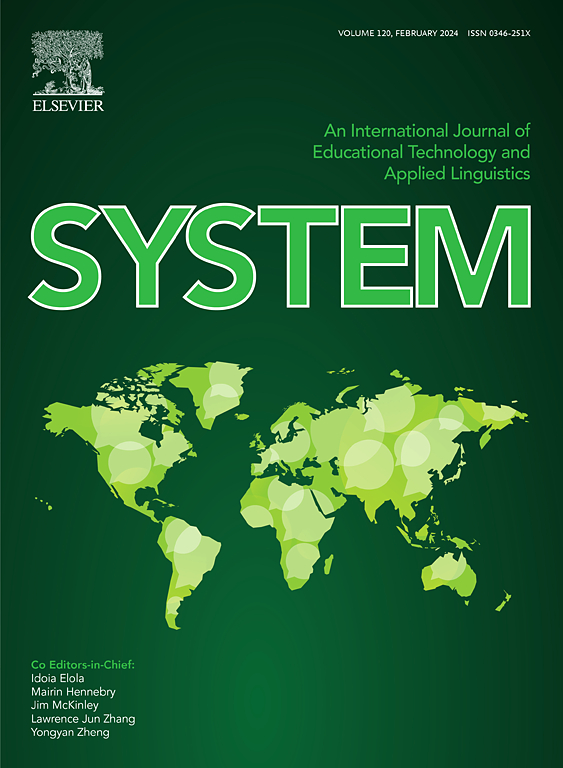Dietary supplementation of valine, isoleucine, and tryptophan may overcome the negative effects of excess leucine in diets for weanling pigs containing corn fermented protein
IF 7
1区 农林科学
Q1 Agricultural and Biological Sciences
引用次数: 0
Abstract
Diets with high inclusion of corn co-products such as corn fermented protein (CFP) may contain excess Leu, which has a negative impact on feed intake and growth performance of pigs due to increased catabolism of Val and Ile and reduced availability of Trp in the brain for serotonin synthesis. However, we hypothesized that the negative effect of using CFP in diets for weanling pigs may be overcome if diets are fortified with crystalline sources of Val, Trp, and (or) Ile. Three hundred and twenty weanling pigs were randomly allotted to one of 10 dietary treatments in a completely randomized design, with 4 pigs per pen and 8 replicate pens per treatment. A corn-soybean meal diet and 2 basal diets based on corn and 10% CFP or corn and 20% CFP were formulated. Seven additional diets were formulated by fortifying the basal diet with 20% CFP with Ile, Trp, Val, Ile and Val, Ile and Trp, Trp and Val, or Ile, Trp and Val. A two-phase feeding program was used, with d 1 to 14 being phase 1 and d 15 to 28 being phase 2. Fecal scores were recorded every other day. Blood samples were collected on d 14 and 28 from one pig per pen. On d 14, fecal samples were collected from one pig per pen in 3 of the 10 treatments to determine volatile fatty acids, ammonium concentration, and microbial protein. These pigs were also euthanized and ileal tissue was collected. There were no effects of dietary treatments on any of the parameters evaluated in phase 1. Inclusion of 10% or 20% CFP in diets reduced (P < 0.05) final body weight on d 28, and average daily gain (ADG) and average daily feed intake (ADFI) in phase 2 and for the entire experimental period. However, pigs fed the CFP diet supplemented with Val, Ile, and Trp had final body weight, ADFI, ADG and gain to feed ratio in phase 2 and for the entire experiment that was not different from pigs fed the control diet. Fecal scores in phase 2 were reduced (P < 0.05) if CFP was used. Corn fermented protein may be included by up to 20% in diets for weanling pigs without affecting growth performance, gut health, or hindgut fermentation, if diets are fortified with extra Val, Trp, and Ile. Inclusion of CFP also improved fecal consistency of pigs.在含有玉米发酵蛋白的断奶猪日粮中补充缬氨酸、异亮氨酸和色氨酸可克服过量亮氨酸的负面影响
含有大量玉米副产品(如玉米发酵蛋白(CFP))的日粮中可能含有过量的亮氨酸(Leu),这会对猪的采食量和生长性能产生负面影响,原因是缬氨酸(Val)和烯丙基酚(Ile)的分解代谢增加,大脑中用于合成血清素的三磷酸腺苷(Trp)减少。然而,我们假设,如果在断奶猪日粮中添加晶体来源的 Val、Trp 和(或)Ile,就可以克服在日粮中使用 CFP 的负面影响。在完全随机设计中,320 头断奶猪被随机分配到 10 种日粮处理中的一种,每栏 4 头猪,每种处理 8 个重复栏。配制了一种玉米-豆粕日粮和两种基础日粮,分别以玉米和 10% CFP 或玉米和 20% CFP 为基础。通过在基础日粮中添加 20% CFP 和 Ile、Trp、Val、Ile 和 Val、Ile 和 Trp、Trp 和 Val 或 Ile、Trp 和 Val,又配制了七种日粮。采用两阶段饲喂方案,第 1 天至第 14 天为第 1 阶段,第 15 天至第 28 天为第 2 阶段。每隔一天记录一次粪便评分。第 14 天和第 28 天,每栏采集一头猪的血液样本。第 14 天,在 10 个处理中的 3 个处理中,每栏收集一头猪的粪便样本,以测定挥发性脂肪酸、铵浓度和微生物蛋白质。这些猪还被安乐死,并采集回肠组织。日粮处理对第一阶段评估的任何参数都没有影响。日粮中添加 10% 或 20% 的 CFP 会降低(P < 0.05)第 28 天的最终体重、第 2 阶段和整个实验期间的平均日增重(ADG)和平均日采食量(ADFI)。然而,饲喂添加了 Val、Ile 和 Trp 的 CFP 日粮的猪在第 2 阶段和整个实验期间的最终体重、ADFI、ADG 和增重饲料比与饲喂对照日粮的猪没有差异。如果使用 CFP,第 2 阶段的粪便评分会降低(P < 0.05)。如果在日粮中添加额外的 Val、Trp 和 Ile,断奶猪日粮中玉米发酵蛋白的添加量可高达 20%,而不会影响生长性能、肠道健康或后肠发酵。添加 CFP 还能改善猪的粪便稠度。
本文章由计算机程序翻译,如有差异,请以英文原文为准。
求助全文
约1分钟内获得全文
求助全文
来源期刊

Journal of Animal Science and Biotechnology
AGRICULTURE, DAIRY & ANIMAL SCIENCE-
CiteScore
9.90
自引率
2.90%
发文量
822
审稿时长
17 weeks
期刊介绍:
Journal of Animal Science and Biotechnology is an open access, peer-reviewed journal that encompasses all aspects of animal science and biotechnology. That includes domestic animal production, animal genetics and breeding, animal reproduction and physiology, animal nutrition and biochemistry, feed processing technology and bioevaluation, animal biotechnology, and meat science.
 求助内容:
求助内容: 应助结果提醒方式:
应助结果提醒方式:


